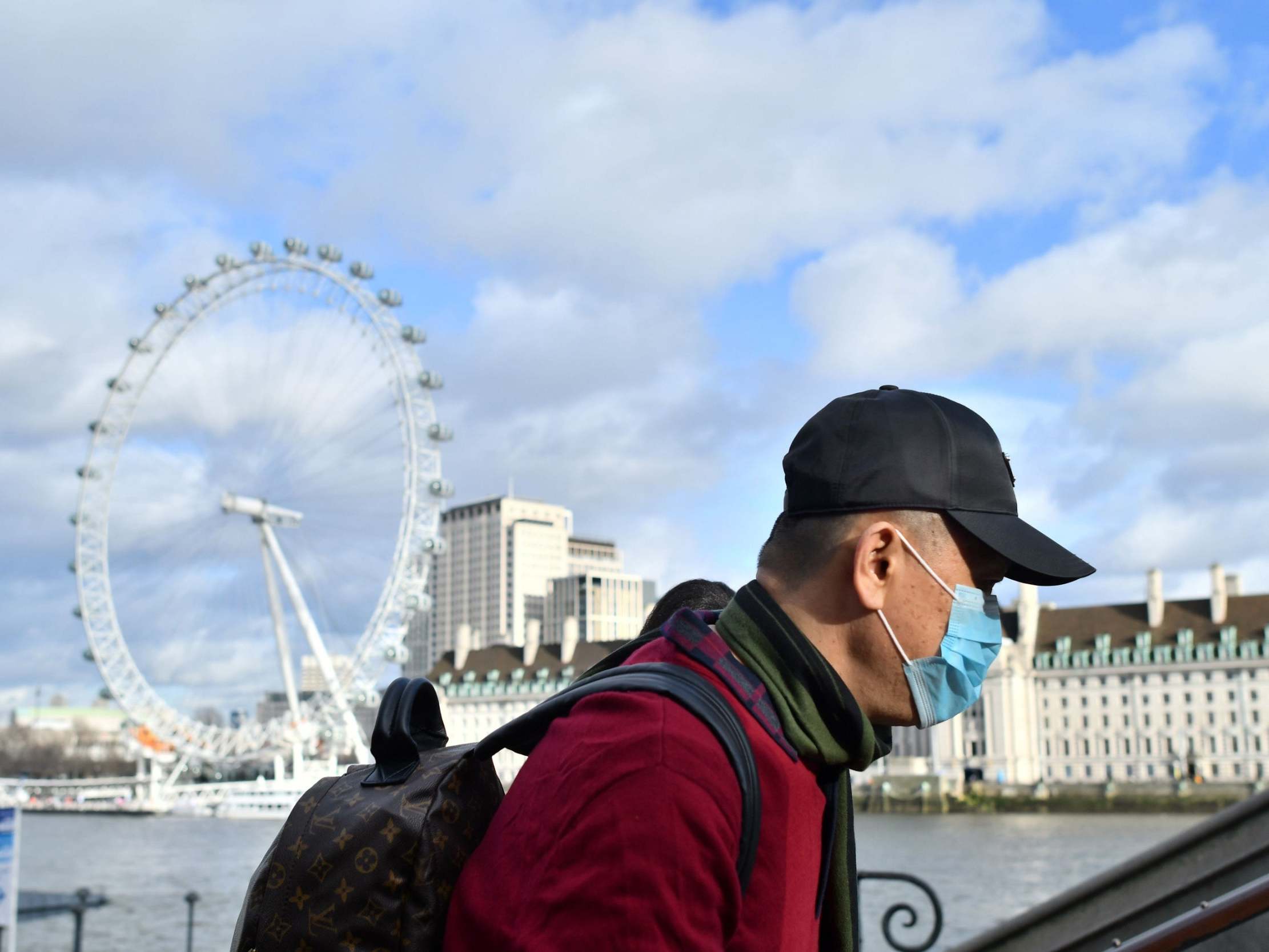Coronavirus: 'Protect yourself and be supportive to others', WHO mental health advice says
Advice issued for people in isolation, parents, health workers and general public
People should support each other and offer “compassion and kindness” to those affected by the coronavirus pandemic, the World Health Organisation (WHO) has said.
The international agency has issued mental health guidance for people who are self-isolating, as well as the general public, saying: “This time of crisis is generating stress in the population.”
Amid warnings over disinformation, WHO urged people to only use trusted sources of information when needed and to “minimise watching, reading or listening to news that causes you to feel anxious or distressed”.
“Protect yourself and be supportive to others,” the document said. “Assisting others in their time of need can benefit the person receiving support as well as the helper.
“For example, check-in by phone on neighbours or people in your community who may need some extra assistance.
“Working together as one community can help to create solidarity in addressing covid-19 together.”
WHO called for people to amplify positive stories from the outbreak, such as of people who have recovered or supported people in their communities.
Following numerous reports of racial attacks targeting people of Asian appearance in the early stages of the outbreak, WHO urged people not to associate coronavirus with any nationality or ethnicity.
“Be empathetic to all those who are affected,” the document says. “People who are affected by covid-19 have not done anything wrong, and they deserve our support, compassion and kindness.”
The document warned of the potential of stigma for people who recover from coronavirus and called for people to combat it.
It contains specific advice for healthcare workers in coping with the additional pressure they are under, telling readers: “Stress and the feelings associated with it are by no means a reflection that you cannot do your job or that you are weak.”
WHO advised parents to help their children express any fear or sadness through creative activities, such as playing and drawing.
“Keep children close to their parents and family, if considered safe for the child, and avoid separating children and their caregivers as much as possible,” the document says.
“Discuss covid-19 with your children in an honest and age-appropriate way. If your children have concerns, addressing those together may ease their anxiety.”
The advice cautioned that pensioners, particularly those in isolation or suffering from dementia, may become agitated and recommended the use of “simple facts” to explain what was happening.

WHO urged everyone feeling anxious over coronavirus to eat and sleep well, take part in physical activity, stay in contact with loved ones and avoid using alcohol and drugs as coping mechanisms.
It came as reported deaths and confirmed cases continued to rise dramatically around the world, with the first person with coronavirus dying in New York and Spain went into lockdown.
Italy remained the worst-affected country outside China, which has seen the number of new infections and deaths fall dramatically.
With Europe now the epicentre of the pandemic, the British government was preparing to roll out emergency measures despite criticism of its dependence on the theory of herd immunity.
The government announced on Saturday that 10 more people with coronavirus had died, bringing the total to 21 in the UK, and 1,140 people had tested positive.
Professor Chris Whitty, chief medical officer for England, said: “All 10 individuals were in the at risk groups. I understand this increase in the number of deaths linked to covid-19 will be a cause for concern for many.
”The public should know every measure we are taking is seeking to save lives and protect the most vulnerable.
“Every single one of us has a role to play in achieving this. If you have a new continuous cough or high temperature, please stay at home for seven days.
”I also encourage everyone to be washing their hands for 20 seconds regularly.
“I offer my sincere condolences to the families and friends who have received this difficult news. I ask that their privacy is respected at this time.”
Join our commenting forum
Join thought-provoking conversations, follow other Independent readers and see their replies
Comments